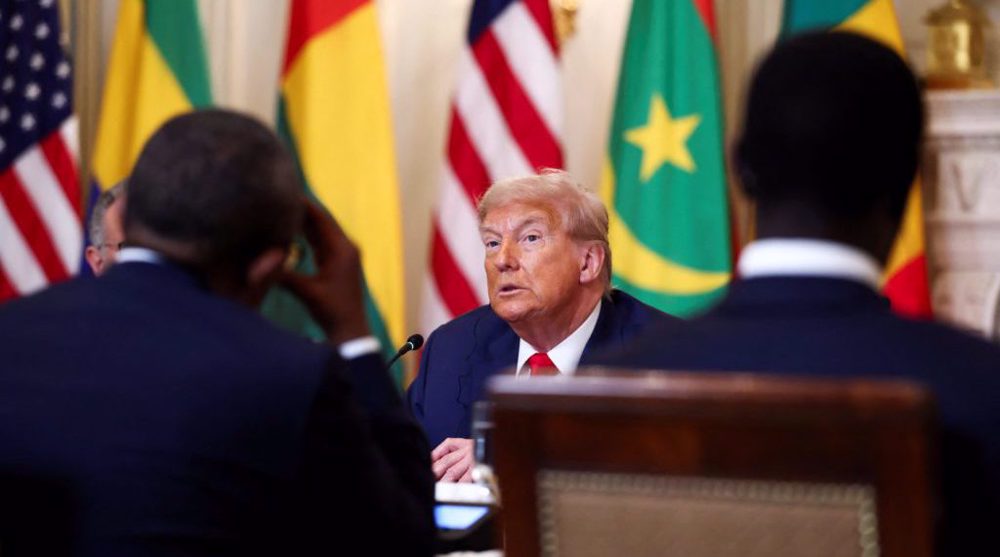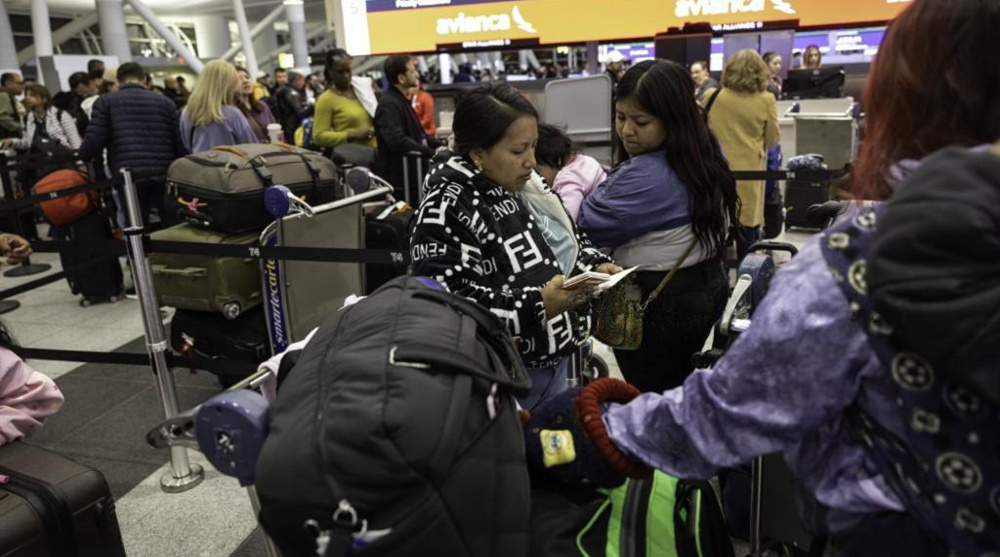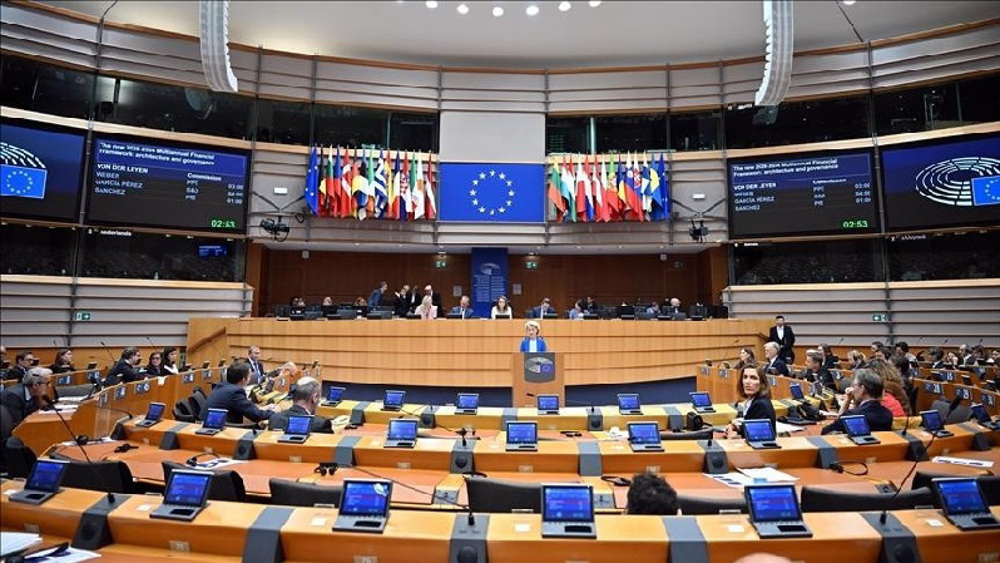US protestors mark end of slavery, say civil rights goals unmet
Thousands marched through US cities on Friday in Juneteenth observances marking the abolition of slavery more than a century and a half ago, an occasion freighted with special resonance this year amid America’s reckoning with its legacy of racism.
Capping nearly four weeks of protests and national soul-searching aroused by the death of a Black man, George Floyd, under the knee of a white police officer, demonstrators took to the streets from Atlanta to Oakland, California, blending the Juneteenth holiday with calls for racial justice.
With many formal Juneteenth events canceled due to coronavirus concerns, activists instead organized a host of virtual observances online, as well as street marches and “car caravans” through several major cities.
While the gatherings were largely festive in mood, in keeping with Juneteenth traditions, they were also animated by demands for reforms to end brutality and discrimination in US law enforcement.
Organized labor joined in the movement, with union dockworkers at 29 West Coast cargo ports marking the occasion by staging a one-day strike. Numerous major US corporations declared June 19 a paid holiday this year, some for the first time.
Juneteenth, a portmanteau of June and 19th, commemorates the US abolition of slavery under President Abraham Lincoln’s 1863 Emancipation Proclamation, belatedly announced by a Union army in Galveston, Texas, on June 19, 1865, after the Civil War ended.
One focal point of Friday’s events was Atlanta, where Rayshard Brooks, an African American, was fatally shot in the back by a white policeman in the parking lot of a fast-food restaurant June 12, reigniting outrage still simmering from Floyd’s death on May 25 in Minneapolis.
The Atlanta policeman was dismissed from the department and charged with murder, although his arrest came more quickly than that of the officer ultimately charged with murder in the Floyd case.
Many Atlanta marchers carried signs proclaiming “Black Lives Matter,” or “Get your knee off our necks,” and “I can’t breathe,” referring to Floyd’s dying words.
Marcher Antonio Jeremiah Parks, 27, of Atlanta said the civil rights movement had not yet fulfilled its promises. “Civil rights isn’t over,” said Parks, who is Black and works at a homeless shelter. “We still feel the pain of slavery. It’s not healed, and won’t be until we’re treated the same.”
In New York City, several hundred protesters, most of them wearing masks against the spread of the coronavirus, gathered outside the Brooklyn Museum.
A diverse crowd, including parents with children in strollers and a large contingent of people on bicycles, marched in downtown Brooklyn, chanting “No justice, no peace” and “Say his name, George Floyd.”
In Texas, where Juneteenth originated, Lucy Bremond oversees what is believed to be the oldest public celebration of the occasion each year in Houston’s Emancipation Park. This year a gathering that typically draws some 6,000 people to the park was replaced with a virtual observance.
“There are a lot of people who did not even know Juneteenth existed until these past few weeks,” Bremond said.
Some 1,500 protesters gathered at the Port of Oakland to join local dockworkers in a work stoppage. The crowd was due to march to downtown Oakland, with many of the dockworkers driving in a caravan along the way.
Trump warns ‘protesters, anarchists, agitators, lowlifes’
In a stark illustration of the tensions roiling the nation, President Donald Trump issued a solemn statement commemorating Juneteenth while at the same time threatening protestors on Twitter.
Trump scheduled a re-election campaign rally on Juneteenth in Tulsa, Oklahoma, his first since the pandemic began.
But he was forced to change it to Saturday amid an outcry over his provocative choice of date and location -- Tulsa suffered one of the country's worst racist massacres, in 1921, when as many as 300 black Americans were killed.
At the same time, Trump issued a blunt warning to counter-protestors at his Tulsa rally.
"Any protesters, anarchists, agitators, looters or lowlifes who are going to Oklahoma please understand, you will not be treated like you have been in New York, Seattle, or Minneapolis," he said. "It will be a much different scene!"
(Source: Agencies)
IRGC launches new wave of retaliatory missile strikes on US bases across region
VIDEO | Iranian flotilla returns after BRICS naval drill in S Africa
Iran FM says school massacre in latest Israeli aggression ‘will not go unanswered’
Iran’s retaliatory attack completely destroys sophisticated US radar system in Qatar
US-Israeli aggression violates UN Charter; Iran will defend homeland: Foreign Ministry
US-Israeli 'regime change' project in Iran 'impossible mission': FM Araghchi
IRGC Navy pounds US MST ship with a volley of missiles after Israeli-US aggression
Iran’s retaliatory attacks will continue uninterruptedly: Senior commander










 This makes it easy to access the Press TV website
This makes it easy to access the Press TV website